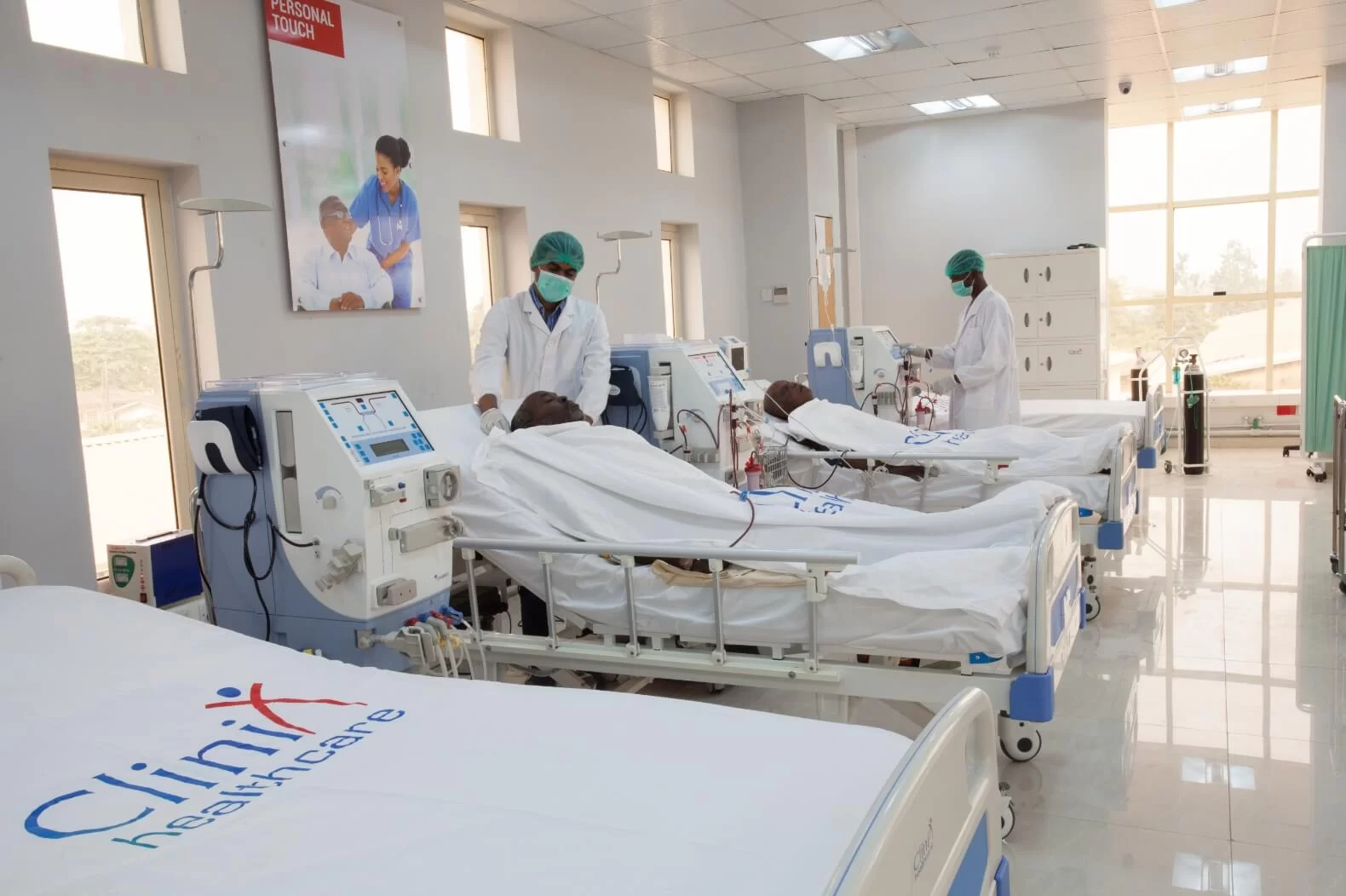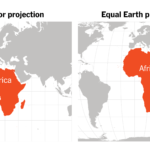The announcement of an 80% subsidy on kidney dialysis in federal hospitals—reducing the cost per session from ₦50,000 to ₦12,000—has been met with a wide reception across the country, especially by families struggling under the crushing financial burden of life-saving treatment.
Media reports confirm enforcement across teaching hospitals and federal medical centres nationwide.
This subsidy can become the basis of a more inclusive transformation in Nigeria’s kidney care system. A critical step lies in ensuring that dialysis machines are always functional.
In countries such as South Africa, public hospitals partnered with local biomedical engineering units to maintain and service machines, a model that drastically reduced emergencies and ensured uninterrupted care.
Nigeria can replicate this by liaising with companies like Adcem Healthcare and universities with biomedical engineering programmes.
Beyond machine maintenance, there is a strong need for diversifying the way dialysis is delivered. At present, haemodialysis is the dominant mode of treatment in Nigeria. Across the continent, however, there are lessons to be gleaned from peritoneal dialysis (PD), a home-based treatment option.
In Egypt, the Ministry of Health worked with nephrology associations to promote peritoneal dialysis by providing bulk purchases of PD fluids and supplies and training medical personnel in safe home dialysis, freeing up hospital resources.
Kenya has also scaled up peritoneal dialysis programmes supported by the Ministry of Health and international partners, enabling patients in smaller towns to avoid long journeys to Nairobi for every session.
These are models that Nigeria can adopt by creating demonstration sites in each geopolitical zone and gradually building a hybrid model where patients can alternate between hospital-based haemodialysis and home-based PD.
Another opportunity created by the subsidy is in the financing of long-term innovation. With dialysis costs cut down, government and private investors can redirect some resources toward research and local production of dialysis materials.
In Botswana, local production of these materials has reduced dependency on imports. Nigeria, with its much larger economy, could take this further by creating structures for local manufacturing.
Leveraging non-profits
Organisations such as the Kidney Care Foundation, the Atim Ekanem Foundation, and the Kidney Care & Transplant Foundation Trust have been supporting patients with screening, awareness campaigns, and even dialysis kit donations.
Their existing outreaches can also be expanded through partnerships with state health ministries, ensuring that every region benefits from their services, as seen in Ghana.
By bringing government, NGOs, and private actors into the same conversation, Nigeria could build a powerful coalition dedicated to kidney health.
Prevention
Preventing kidney problems altogether remains the most impactful form of intervention. With dialysis now more affordable, more people will feel comfortable coming forward for testing, which creates a natural link between treatment and prevention.
Hospitals can seize the moment by offering routine blood pressure checks, urinalysis, and blood sugar tests at subsidised rates alongside dialysis services, catching early cases of chronic kidney disease before they advance.
Lifestyle adjustments is the first step. Taking a cue from its national awareness campaigns for polio and malaria, Nigeria can coordinate a public campaign that promotes kidney health, with emphasis on minimising salt intake, modest eating, avoiding excessive alcohol intake and actively engaging in physical activity, all vital to kidney preservation.
The decision to subsidise dialysis in Nigeria should be seen as the beginning, not the end. This should spark an era of reform where patients thrive unburdened, where hospitals are better equipped and supported, and where prevention is as celebrated as cure.






